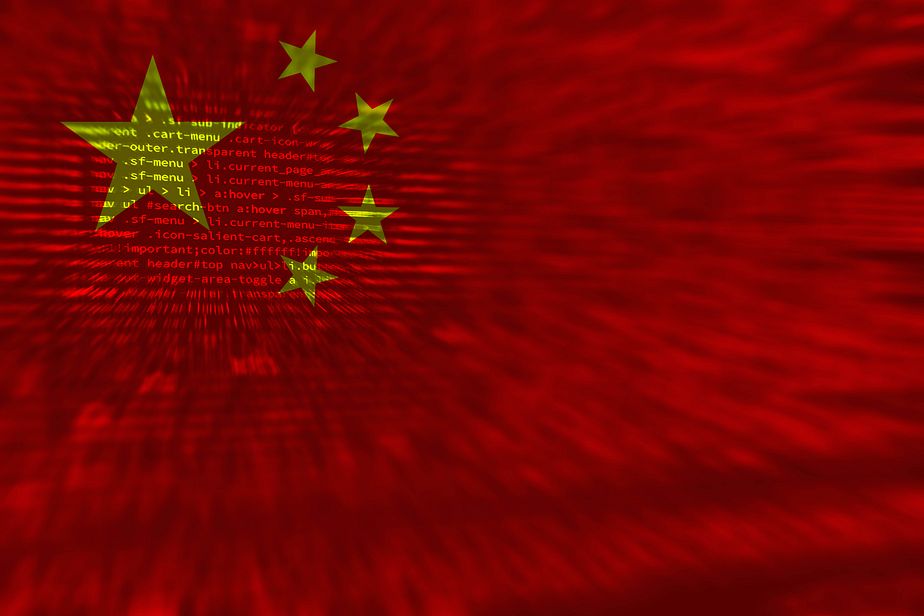Although the North Atlantic Treaty Organization (NATO) says it has no plans to expand into the Indo-Pacific, it nevertheless must do so for the sake of international security. Some contend that NATO has no place in the conflict with China. The partnership formally disagrees as of 2022. In the near future, it does not seem plausible that the People’s Republic of China will launch an “armed attack” in either Europe or North America. Beijing’s increasing foreign aggressiveness has been publicly recognized as a “systemic challenge” to NATO’s values, interests, and security, even in the context of Russia’s conflict with Ukraine. The West finally appears ready to take on the challenge of a growing China, perhaps even despite the Russia-Ukraine War.
Relations between NATO and China were essentially non-existent until the early 2000s, and even then, they mostly took the form of unofficial visits and discussions between military officers. China hardly received more than one relatively unremarkable syllable in the customary joint statement following a NATO leaders’ meeting as recently as 2019. At its summit in 2021, the alliance acknowledged the possible threat China posed to the rules-based international order at the request of the United States, but the summit communique was tantalizingly ambiguous on how to respond.
The standoff between China’s “hawks” and “doves” within the alliance may have eventually been broken more by Beijing’s poor timing than anything else, according to some.
Russian President Vladimir Putin and Chinese President Xi Jinping announced a “no limits” alliance on February 4. From a Western perspective, what was most amazing about their meeting was that Beijing effectively copied Russia’s critical tone regarding NATO expansion and actions. This occurred just a few weeks before the disastrous Kremlin assault on Ukraine began, and China has not since changed its stance. What was possibly meant to be merely a passing gesture toward Moscow ended up unintentionally connecting the Chinese challenge to the Russian danger. In the eyes of Western officials, Moscow and Beijing’s activities are now seen as “mutually reinforcing moves to destroy the rules-based international order.”
Unluckily for NATO, the “China challenge” is most acute in fields in which the alliance lacks knowledge and competence, such as investment screening and economic and technological policy. However, the company can still add value by locating people who do. The European Union (EU), which has recently taken a considerably more active stance against China, serves as the alliance’s natural partner in Europe in the politico-economic sector. NATO might grant the EU priority access to the alliance’s knowledge in the fields of military risk assessment, strategic foresight, and security analysis. A more formalized partnership would enable a better Euro-Atlantic reaction to China’s ascent, even though there is already some informal information exchange. This relationship would be especially important considering how Chinese investments may affect security.
After all, if the ports the alliance wants to utilize “are not only built by but owned by [the] Chinese,” conducting military operations in the Mediterranean “may become pretty problematic.”
The North Atlantic alliance is pushing on with its desire for a tighter partnership with the EU. In the meantime, relations between China and the EU have been rapidly deteriorating over the past few years. Both organizations will soon share 23 member nations. As an example, Brussels has been frantically developing a toolkit of policies to stop predatory Chinese activity. The so-called “anti-coercion instrument” is one of many EU policies now in place that stands out. Its goal is to stop external players from targeting specific EU nations for economic extortion, as Beijing did before.
Since the EU initially referred to the People’s Republic as a “systemic rival,” many Europeans have increasingly viewed the relationship through this lens. In other words, there has never been a better chance for a more unified transatlantic stance on China, and the conflict in Ukraine is likely to bring the EU and NATO even closer together.
Although NATO claims it has no intention of “going into the South China Sea,” it is unclear how long the alliance will be able to maintain its indifference to Indo-Pacific matters. The area is quickly evolving into not only the economic hub of the world but also the focus of geopolitical conflict in the twenty-first century.
A military confrontation over Taiwan would also virtually definitely involve the United States and have disastrous effects on Europe. As a result, sustaining regional peace is also in the best interests of European NATO members.
Leading European nations are expanding their military presence in the area and have already released their Indo-Pacific policies. However, these initiatives have lacked coordination and exhibit a wide range of methods, strategies, and goals. What else makes more sense than for Europe’s main security provider to play a bigger part in organizing its members’ military operations in East Asia?
The West finally seems to be taking on the China challenge

- Advertisement -
- Advertisement -
